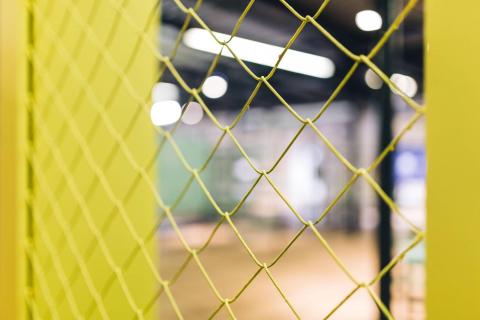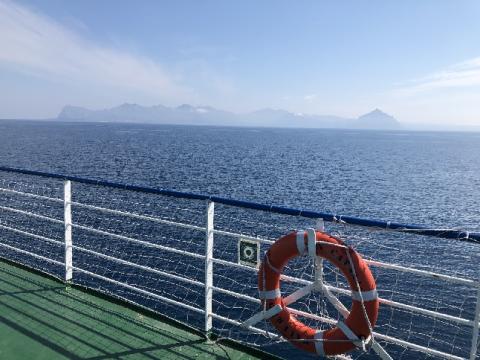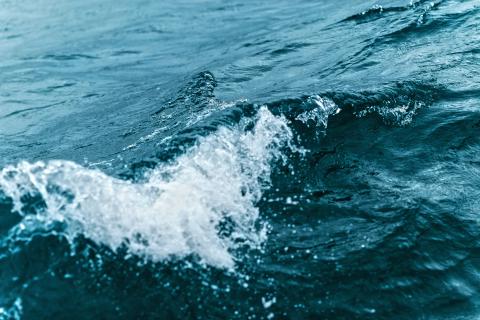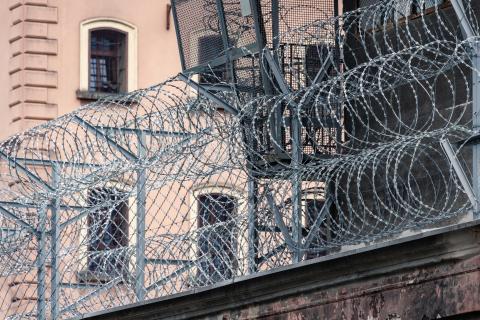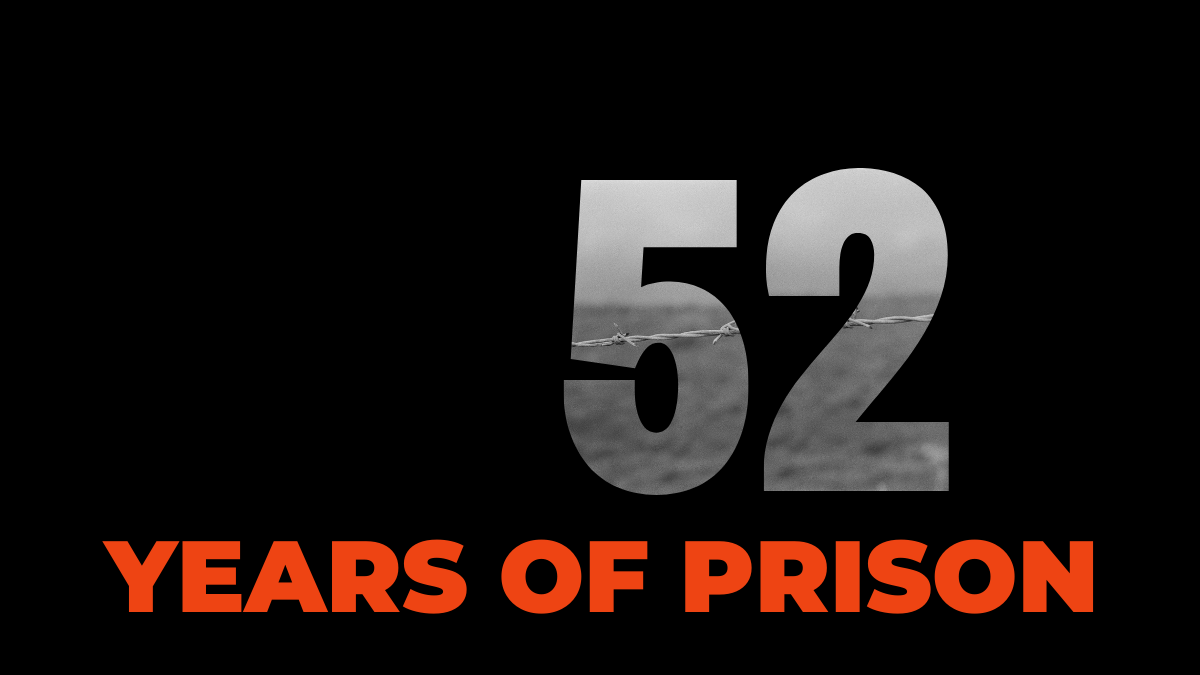
Criminalisation of migration and solidarity
→ Support for those affected / Case work
We work across Europe with people affected (e.g. #Paros3, #Samos2, Iuventa Crew) and support them or their family members in connecting them with relevant actors, such as finding trustworthy lawyers in the specific location, during their trial, fundraising for legal costs and campaign work.
The focus of our work is on supporting primarily people from third countries, often refugees themselves, who usually have no or very limited financial resources and support structures in Europe and receive little public attention. This is done in close cooperation with local NGOs such as Porco Rosso in Sicily, the Human Rights Legal Project (Samos), the Legal Centre Lesvos and Aegean Migrant Solidarity (formerly CPT - Lesvos) in Greece.
In November 2019, we established a solidarity fund for this purpose, which was created thanks to the donation of the book proceeds of "Action not Hope" by Sea-Watch captain Carola Rackete & Anne Weiss. From September 2022 our solidarity fund will be financially supported by United4Rescue.
Selection cases:
- Appeal Trial Postponed: Homayoun Sabetara's Case Highlights Systemic Injustice Faced by Migrants Accused of Smuggling, 2024
- Crete: Acquittal on appeal after first-instance verdict of 155 years, 2024
- Crete: Fisherman faces sentence of 4760 years for smuggling, 2023
- Greece: Father sentenced to 18 years in prison for driving car with refugees, 2022
- Kheiraldin, Abdallah and Mohamad: #Paros3 sentenced to a total of 439 years for steering the boat, 2022
- The real crime is the border regime - Free the #Samos2, 2021
Trial report - Lesbos: Mohamad H. sentenced to 142 years in prison, 2021 - From a Libyan football pitch to an Italian prison - Freedom for the four footballers!, 2021
- FreetheMoria6, 2021
- Sentenced to 50 years in prison - Freedom for Amir & Razuli, 2020
- Freedom for Hamza & Mohamed, 2020
→ Research & documentation
We do research and document both political events and developments, as well as cases of criminalisation and prepare them in the form of reports, analyses and info materials.
Selection:
- A legal vacuum - the systematic criminalisation of migrants for driving a boat or car to Greece, Study (2023)
- As Long As You Can Still Listen: The Criminalization of Migrant Boat Drivers in 2022, Report (2022)
- From Sea to Prison - the Criminalization of Boat Drivers in Italy, Report (2021)
- Incarcerating the Marginalised - The Fight Against Alleged "Smugglers" on the Greek Hotspot Islands, report (2020)
- Push back Solidarity - Wie die Europäische Union Solidarität mit Schutzsuchenden kriminalisiert, report (2020)
- Criminalization of flight and escape aid, report (2017)
→ Outreach and awareness campaigns
Through public events, actions and campaigns, we inform and sensitize a broad public about the increasing criminalization, the associated practices and their effects and organize resistance.
- Campaign (ongoing): Facilitation of Freedom of Movement, including so-called "smugglers portraits" of people criminalised for smuggling in the EU (more info here)
- Panel discussion: From the boat to prison - the legal and discursive warfare against border crossing in the EU
- Video series of criminalized individuals: #Defend Solidarity
- Film screening: The Valley: Kriminalisierung von Migration & Solidarität in Frankreich
- Panel discussion: Criminalization of solidarity
- Film and event series: Moria 35
You can donate to our anti-criminalisation work on our project on betterplace "United against the criminalisation of flight and migration!".



